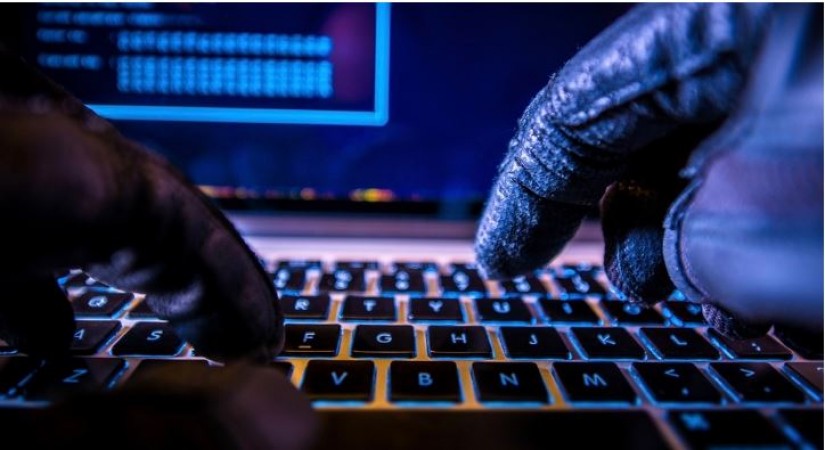
In today's digital age, computer hacking is a constant threat that can compromise your personal data, privacy, and even financial security. To safeguard your computer from hackers, it's crucial to implement a robust defense strategy. This comprehensive article will outline various steps and practices you can adopt to protect your computer from being hacked.
I. Keep Software Updated:
Regularly updating your operating system, applications, and antivirus software is essential. These updates often contain security patches that address vulnerabilities exploited by hackers.
II. Install a Reliable Antivirus Program:
Choose a reputable antivirus program and keep it up to date. This software can detect and remove malware, including keyloggers and spyware, which hackers often use to gain access to your computer.
III. Use Strong Passwords:
Create strong, unique passwords for all your accounts. A strong password typically includes a combination of upper and lower-case letters, numbers, and special characters. Consider using a password manager to securely store and manage your passwords.
IV. Enable Two-Factor Authentication (2FA):
2FA adds an extra layer of security by requiring you to provide a second verification method, such as a one-time code sent to your phone, in addition to your password.
V. Be Cautious with Email:
Avoid Suspicious Emails: Be wary of unsolicited emails, especially those with attachments or links. Don't open attachments or click on links from unknown sources.
Phishing Awareness: Learn to identify phishing attempts, where hackers pose as legitimate entities to steal your information. Verify the sender's authenticity before taking any action.
VI. Use a Firewall:
Enable a firewall on your computer to block unauthorized access to your network. Most operating systems come with built-in firewalls that you can configure.
VII. Regular Backups:
Frequently back up your important data to an external drive or a cloud service. In the event of a hack or data breach, you can restore your files without paying a ransom.
VIII. Be Cautious with Downloads:
Only download software and files from reputable sources. Avoid downloading cracked software or files from suspicious websites, as they may contain malware.
IX. Disable Unnecessary Services:
Turn off or disable any unnecessary services, ports, or features on your computer. These can be potential entry points for hackers.
X. Secure Your Wi-Fi Network:
Change Default Router Credentials: Change the default username and password for your router to prevent unauthorized access.
Use Strong Encryption: Enable WPA3 encryption for your Wi-Fi network and use a strong, unique Wi-Fi password.
XI. Educate Yourself:
Stay informed about the latest hacking techniques and common scams. Knowledge is your first line of defense.
XII. Enable Automatic Updates:
Set your computer and software to update automatically whenever new security patches or updates are available.
XIII. Regularly Monitor Your Accounts:
Review your bank and credit card statements for any unauthorized transactions. Report suspicious activity immediately.
XIV. Use a VPN:
Consider using a Virtual Private Network (VPN) to encrypt your internet connection, especially when using public Wi-Fi networks.
XV. Secure Physical Access:
Physically secure your computer by locking it when you're away and ensuring that unauthorized individuals cannot access it.
XVI. Consider Cybersecurity Software:
In addition to antivirus software, consider installing cybersecurity software that provides real-time protection against a wide range of threats.
Protecting your computer from hacking requires a proactive approach that combines security software, best practices, and user awareness. By following the comprehensive security measures outlined in this article, you can significantly reduce the risk of falling victim to hackers and safeguard your digital life. Remember, cybersecurity is an ongoing process, and staying vigilant is key to maintaining your computer's security.
Eating on Banana Leaf: A Stylish and Healthy Tradition
Building a Lunar Home: The Essentials for Human Settlement on the Moon
Hindi's Rich Heritage: From Ancient Roots to Modern Influence